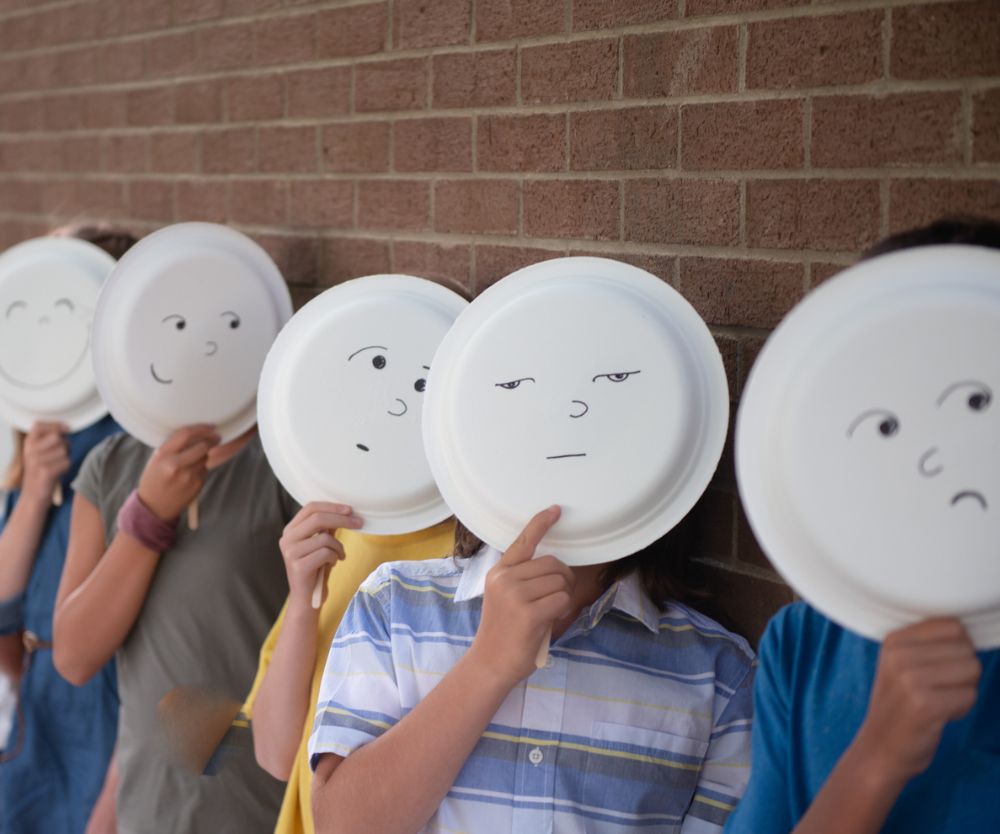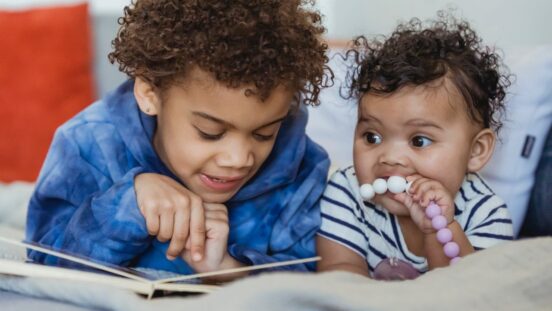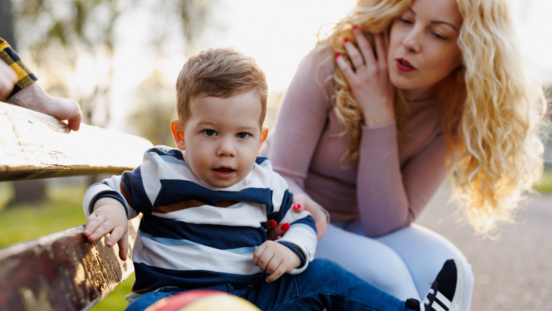Baby-proof your home
Your house is full of potential hazards for your baby, so use these tips to stop accidents before they happen.
Making sure your home is a safe haven for your baby should be one of your first tasks as a new parent, and with good reason.
The sad truth is that accidental injury is the biggest killer of children aged between one and 14 in Australia today. It’s best to childproof your home before your baby begins to crawl and one of the best ways to do this is to set aside a weekend and get on all fours to check out the dangers for your baby’s perspective.
Don’t think your child will learn to avoid dangerous objects – toddlers and babies are naturally curious and seem to have an uncanny radar for danger.

Stair gates can be enormously helpful in keeping little ones out of danger zones, like the kitchen.
Safety around the home when you have a baby
- Check low level windows or doors have reinforced safety glass or Perspex.
- If you have stairs, make sure your child can’t fall between the banisters and use a stair gate at the top and the bottom of the steps.
- Check there are no small objects within your baby’s grasp as most things will end up in their mouth.
- Install smoke detectors.
- Check the carpets aren’t loose so your child can’t trip up.
- Tie up all blind and curtain cords and keep them well out of your child’s reach.
- Fix catches and fly screens on the windows, so they cannot be fully opened.
- Homes built before 1970 could contain lead paint. This can be a problem if it is chipped or flaking and can potentially cause lead poisoning. If you’re at all worried, have a licensed professional remove it or cover it with an approved sealant.
Baby safety in the lounge room
- Place all sharp or breakable objects up high or pack them away.
- Make sure furniture has rounded edges you can fix plastic corner pieces to sharp edges (available at most baby product stores). Remove them when junior’s a little older.
- Remove flimsy pieces of furniture your child could pull down, such unsecured shelves or hat stands.
- Put dummy plugs in electrical sockets and make sure you never leave a socket turned on with nothing plugged into it.
- Place a guard around your fire or heater.
- Don’t use a tablecloth as they can be pulled down, along with dinner plates and cups of coffee.

Get into the habit of turning pan handles to the side or back of the stove top.
Keeping your toddler safe in the kitchen
- Kitchens are an absolute minefield for an adventurous child so if possible put a gate across the door to the kitchen, to keep your child out.
- Use cupboard, drawer and fridge locks. Put breakables, sharp utensils and cutlery in the highest cupboards and drawers.
- Don’t let your child touch the oven door and remember to turn pan handles away from the front, and push hot drinks and knives to the back of your worktop surfaces (you can buy cook top guards).
- Always put cleaners, and if possible your bin, in a cupboard with a child-resistant catch.
- Store plastic bags out of your child’s reach.
- If this is where you store your first aid bits and bobs, such as paracetamol, store this stuff on a high shelf, out of reach.
Keeping kids safe in the bathroom
- Pack away medications, razors and creams in a drawer or cupboard with a child-resistant lock.
- Make sure your shower has reinforced safety glass or Perspex.
- Use a non-slip mat in the bath.
Baby safety in the garden
- If you have a pool, make sure it is surrounded by an Australian Standard approved isolation fence with a child resistant gate.
- Ensure you have appropriate signage up (CPR) and that you know what to do in the event of a child falling into the water.
- Check there are no gaps in your fence and any side gates are locked.
- Make sure you lock garden equipment and pesticides etc in a secure shed or storage area.
- If you have a balcony, make sure there is nothing placed nearby that your child can climb up and fall over the rails.
A playpen can be useful, but never use one instead of childproofing your home. And as any parent will attest it will only hold your child’s attention for a very short time! It’s also important to be aware of the dangers when you visit friends and relatives homes, especially if they don’t have kids.
Decor tips for when you have small kids
Lastly, you may need to protect your home from your baby!
Babies are messy and have no regard for cleanliness, common sense or hygiene, so this isn’t the time to buy a new sofa or replace carpets!
- For your furniture’s sake (and your sanity), invest in throws for chairs and sofas to soak up all the spills and stains.
- Place a piece of plastic sheeting under your baby’s high chair.
- Use mattress protectors on your bed as well as your baby’s cot.
- Keep a sense of humour – children love to explore so don’t be surprised if they paint your bedroom wall with your favourite lipstick!
For further information look at The Children’s Hospital at Westmead factsheets




